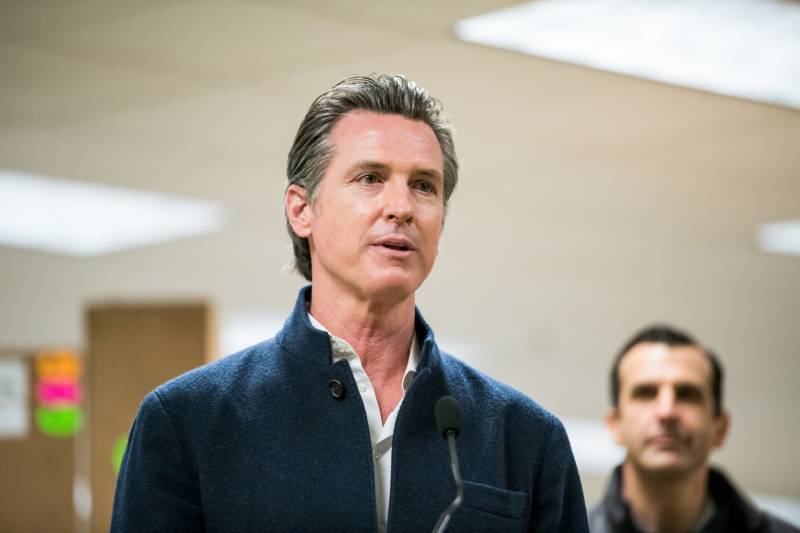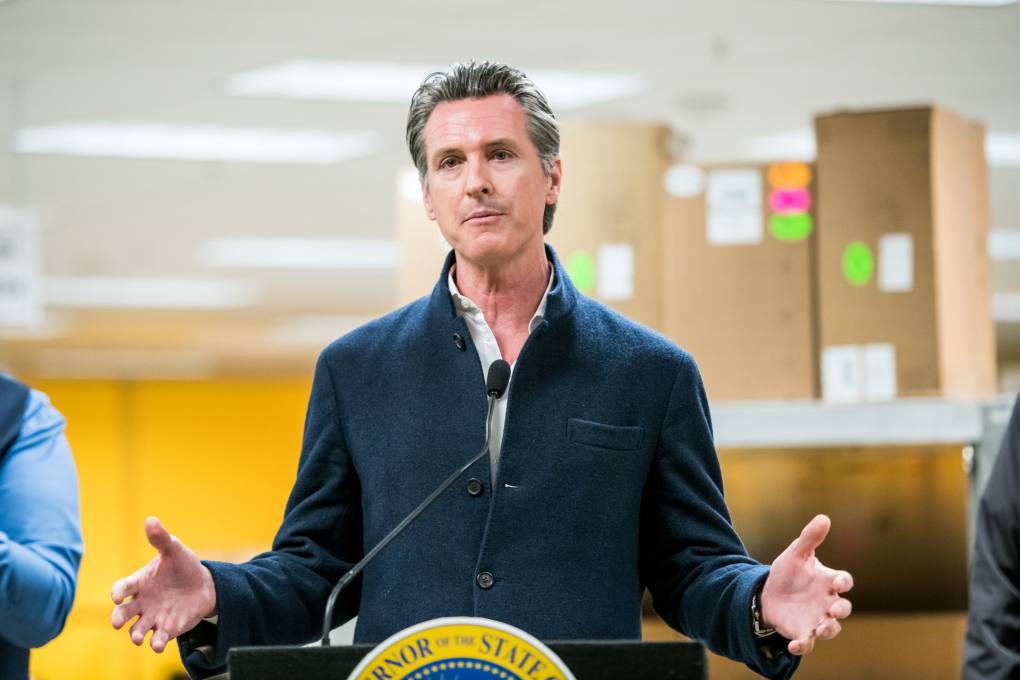Assemblyman Vince Fong, R-Bakersfield, the vice chair of the Assembly Budget Committee, said Newsom's budget proposal doesn't change the fact that the governor is "failing."
"Sacramento is failing to address California’s affordability crisis, homelessness crisis, power shutoffs, and an incompetent EDD bureaucracy," Fong said in a statement.
Reopening Schools?
In recent weeks, Newsom has charted a course for the youngest California students to return to in-person instruction as soon as February.
The governor proposed spending an additional $2 billion in the current budget year on testing and protective gear in order to incentivize schools to reopen their doors for grades K-12.
The plan would apply to schools in counties with fewer than 28 coronavirus cases per 100,000 residents – a threshold that all but a handful of counties in the state have surpassed.
“If we can’t do it safe, we can’t do it,” Newsom reiterated on Friday.
This week, a group of large school districts – including Los Angeles, San Diego, San Francisco and Oakland – criticized the plan for setting an unrealistic benchmark for bringing kids back to classrooms.
“A funding model which supports only schools in communities less impacted by the virus is at odds with California’s long-standing efforts to provide more support to students from low-income families,” the districts wrote in a letter to Newsom. “The initial target date of Feb. 1 doesn’t reflect the COVID reality in many of the communities we serve.”
Newsom said he would be meeting with the leaders of seven school districts on Monday, and his proposal provides full funding for districts whose opening is delayed by the virus spread.
A new round of relief funding from the federal government could add another $6.7 billion for California schools, Newsom said.
COVID-19 Response
Newsom’s proposal comes as the state faces the darkest days yet of the pandemic. Hospitals are overrun in some areas and rationing care.

